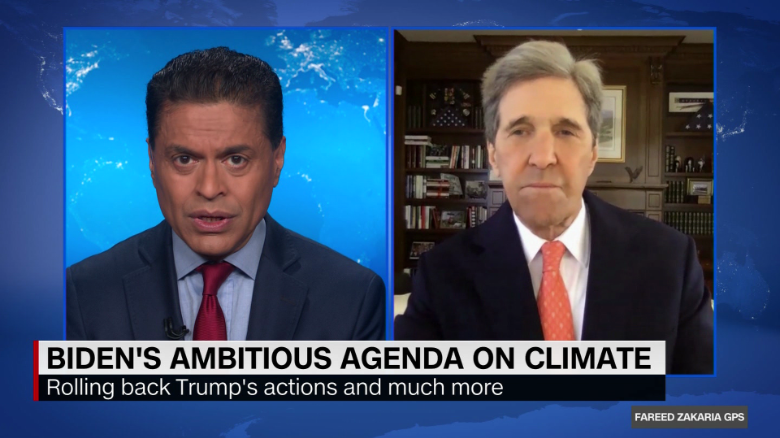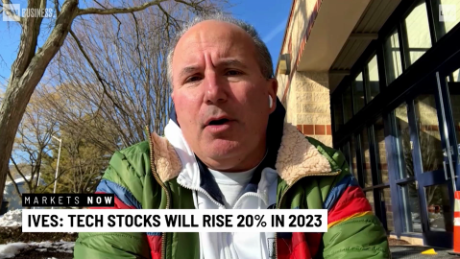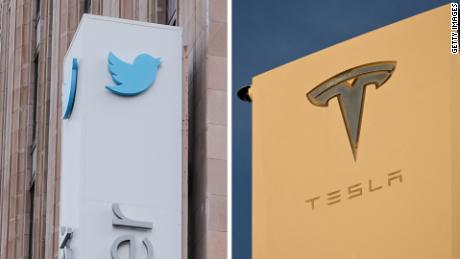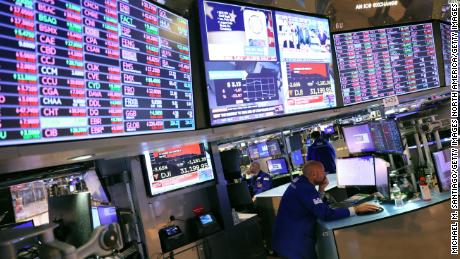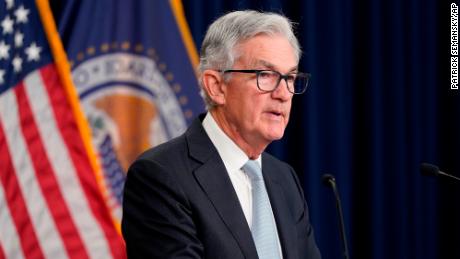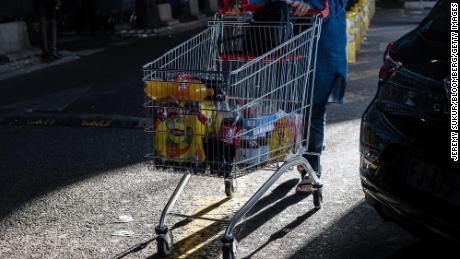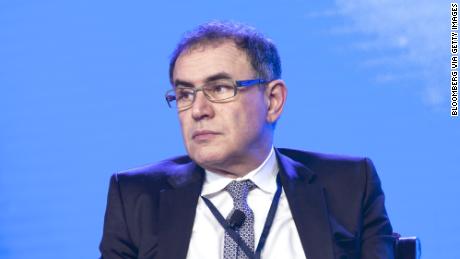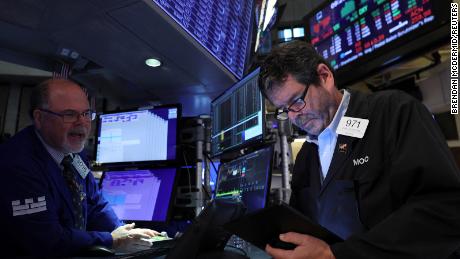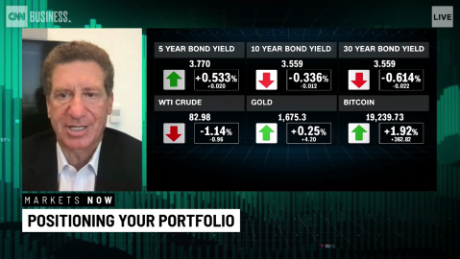New York (CNN Business)John Kerry had some tough talk for the leaders of Big Oil. The message: embrace clean energy or get left behind.
"You don't want to be sitting there with a lot of stranded assets. You're gonna wind up on the wrong side of this battle," Kerry said Tuesday at the energy conference CERAWeek by IHS Markit.
Kerry, the former US secretary of state and President Joe Biden's special envoy for climate, urged the oil-and-gas industry to welcome change, including by investing in clean energy solutions such as carbon-free hydrogen.
"They ought to be figuring out how do we become not an oil-and-gas company, but how do we become an energy company," Kerry said.
Kerry applauded the firms that are already moving "aggressively to make that transition."
European oil companies, far more than their US rivals, are pivoting away from fossil fuels. BP, Shell (RDSA) and Total (TOT) have pledged to cut greenhouse-gas emissions from their own operations to net zero by 2050.
ExxonMobil (XOM), Chevron and other US oil giants are investing more in carbon capture and biofuels, but they are not looking to overhaul their entire businesses.
"There are others that continue to fight to hold onto whatever the market share is, which is going to diminish," Kerry said.
In the future, Kerry said oil-and-gas companies could use their know-how and infrastructure to transport green hydrogen, which could eventually be used to power factories, cars and even planes. However, he acknowledged hydrogen power today is still too carbon-intensive and more research is needed.
"There is still some resistance to this transition and that's something we can't afford anymore," Kerry said.
The future of Big Oil
US oil industry executives are pushing back against the notion that they need to say goodbye to oil and natural gas.
"We should not be talking about eliminating fossil fuels," Occidental Petroleum CEO Vicky Hollub said at CERAWeek on Tuesday. "What we really need to be talking about is eliminating emissions. Net zero carbon oil. That is what the world needs."
Occidental (OXY) is investing heavily in carbon capture and storage, the process of trapping emissions before they harm the planet. But current carbon-capture technologies are extremely expensive and difficult to scale.
Chevron (CVX) CEO Mike Wirth told CNN Business last month that his company may look different by 2040.
"Oil and gas will still be a very big part. Will it be the biggest part? Time will tell," Wirth said in the interview. "Twenty years forward there are things we are not doing today at any scale that no doubt we will be doing at a very large scale."
'We have to reinvent the company'
London-based BP (BP) is taking a different stance. The oil giant thinks oil demand may have peaked in 2019 and plans to slash its oil and gas production by 40% by 2030. BP is also ramping up its annual low-carbon investments to $5 billion.
"We've been an oil-and-gas company for 112 years. This is a moment where we have to reinvent the company," BP CEO Bernard Looney said Monday at CERAWeek.
Looney believes there is a huge business opportunity to be found in the middle of replumbing the global energy system ŌĆö a complex task that will require trillions of dollars of investment.
"Society, as well as our employees, they want us to change. They need us to change," Looney said. "To be successful in the long run, you can't go against the grain of society."

